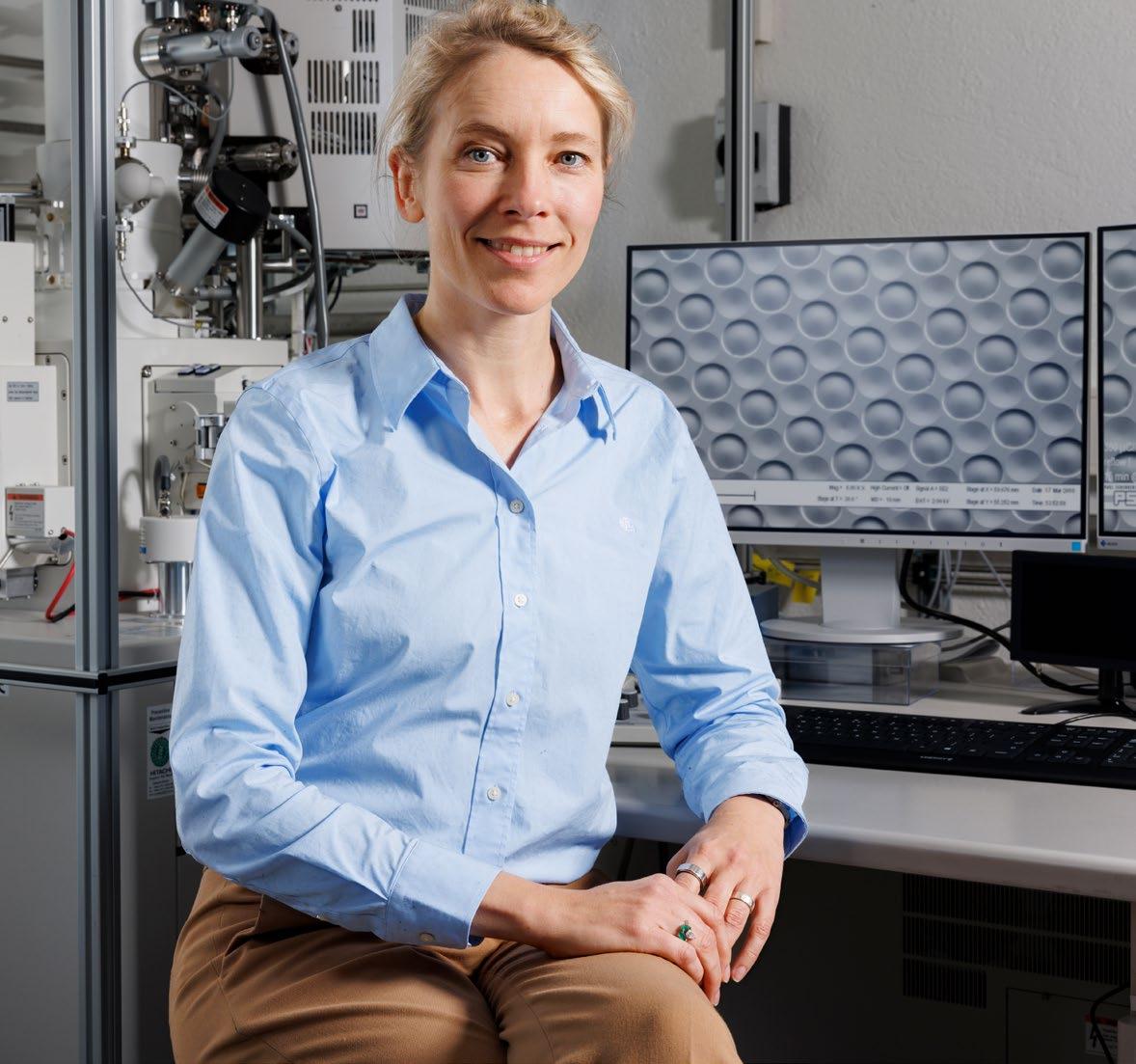New technologies are the engine for an innovative society. At PSI, researchers create the necessary foundations. They search for previously unknown possibilities in data processing and storage, make technologies more sustainable and more powerful, and develop new methods for plunging ever deeper into the micro- and nano-worlds.
Their findings form the basis for new applications – whether in medicine, information technology, or energy production and storage – or for new industrial manufacturing processes.
PSI in brief
With 2300 employees and an annual budget of 460 million Swiss francs, PSI is the largest research institute for natural and engineering sciences in Switzerland. It is the central location of Switzerland’s large research facilities. As part of the ETH Domain, PSI is a key pillar in the Swiss research landscape and conducts cutting-edge research in the fields of Future Technologies, Energy and Climate, Health Innovation and Fundamentals of Nature.
By collaborating with industry, PSI strengthens the innovative power of Switzerland as a business location.
Additionally, through the founding of spin-offs, PSI transfers its latest scientific findings directly into the economy. PSI is already investing today in the experts of tomorrow: around a quarter of PSI employees are postdoctoral researchers, PhD students or trainees.
Research at PSI — Future technologies
Contact
Paul Scherrer Institute PSI
Forschungsstrasse 111 5232 Villigen PSI
Switzerland
+41 56 310 21 11 www.psi.ch
Head of Communications
Mirjam van Daalen +41 56 310 56 74 mirjam.vandaalen@psi.ch
New materials and processes are essential
prerequisites for progress. Discovering and developing them is a vital driver for researchers at PSI.
Three examples.
Developing quantum computers
Innovative semiconductor production
For quantum computers, higher-performance power storage and conductors, and high-precision medical applications alike, we need increasingly advanced processes and technologies. For their development, new materials are crucially important.
To develop and investigate innovative processes and new materials – for new semiconductor manufacturing processes using extreme UV light, for example – researchers rely on the large research facilities of PSI, which are unique in the world.
Quantum computers are considered one of the key technologies of the 21st century. Their potential performance not only makes them interesting for industry and business, but also opens up previously unimagined possibilities for research, with its ever-increasing amounts of data.
Quantum computers could enable certain calculations in materials science, chemistry, and physics that are impossible to carry out with classical computers today, and probably even in the future. In the Quantum Computing Hub, PSI and ETH Zurich are collaborating to advance the two leading technologies in this field.
1 In clean-room laboratories, researchers are testing new semiconductor production processes for high-performance computers. For this they use, among other things, extreme UV light. 2 With quantum computers, calculations could be carried out that are – still – impossible for conventional computers. At PSI, researchers are working to create the first functioning quantum computers. 3 So-called microlens arrays are important components in optics. For example, they make it possible to equip smartphones with compact yet high-performance cameras.
Printing in 3D
Researchers at PSI use the unique ensemble of large research facilities here to investigate new production processes. This gives them deep insights into matter, for example with X-rays, neutrons, or muons. Knowledge gained in this way can be used to optimise production processes such as 3D printing for the manufacture of microlens arrays. The latter are used, for example, in the high-performance cameras in modern mobile phones.




